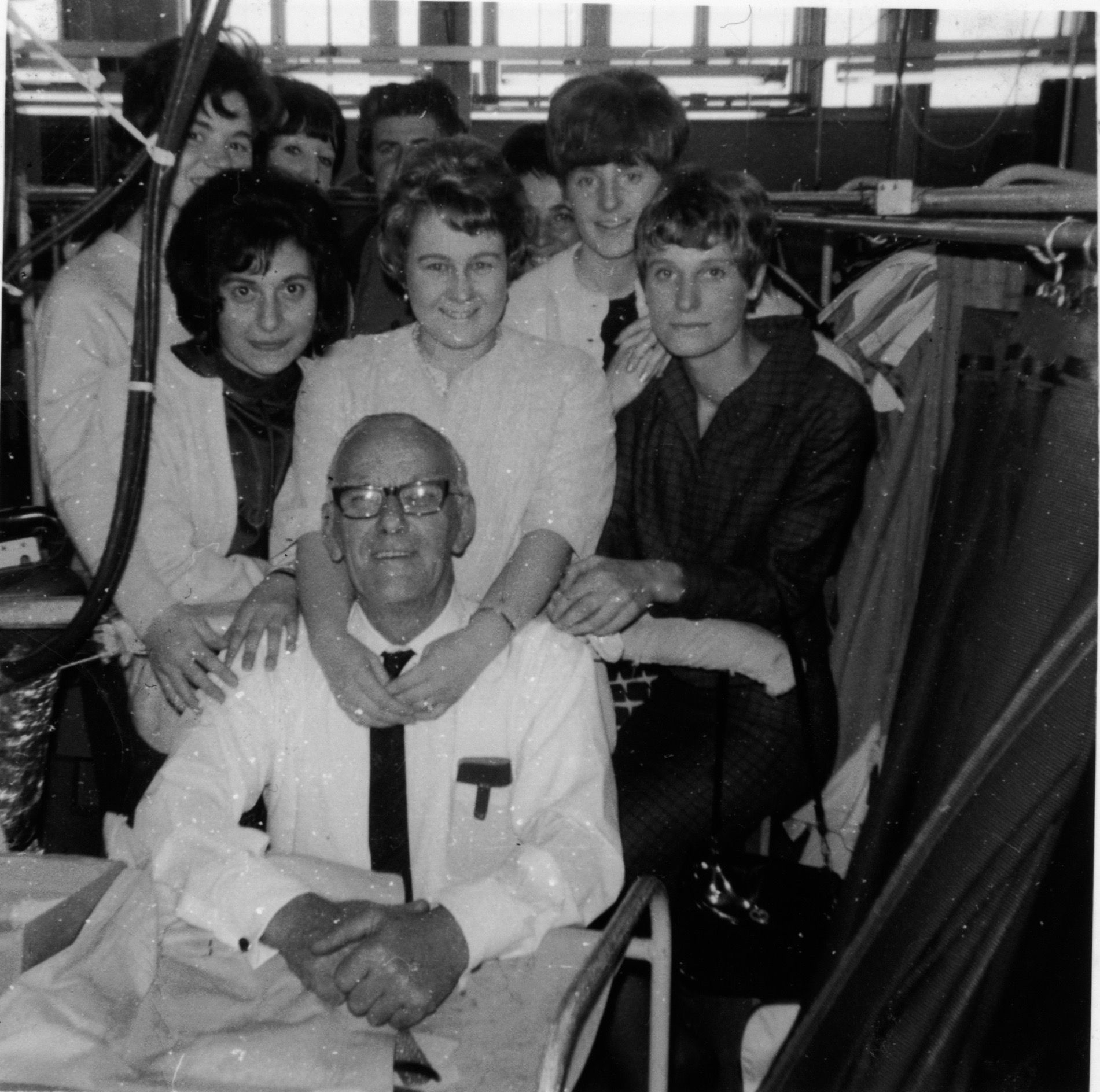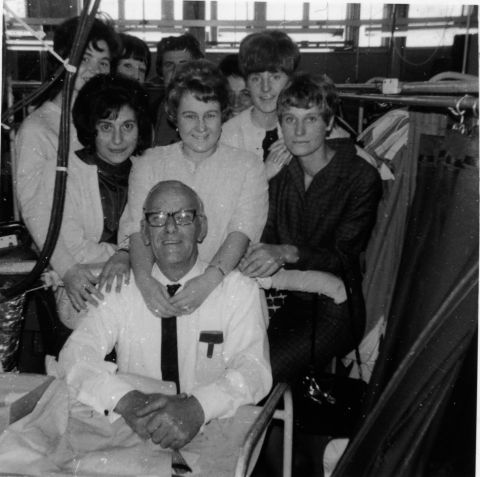Fletcher Jones believed a company failed its employees if it could not help them express their spiritual growth through their jobs. He regarded participation in decision-making as a far more important factor in job satisfaction than sharing in ownership. To express this aim, the company developed its own consultative institutions. The best known of these was the 'stand-up meeting'. Stand-up meetings could be called on any subject at any time during the working day. Anyone, from the shop floor to senior management, could be asked to contribute to the discussion, provided he or she had the relevant expertise or experience.
The procedure was to have a full, informal discussion on the subject, then to adjourn overnight for a brief and final meeting next day. This was known as the 'pause that refreshes', giving people a chance to reassess their views. The final meeting was always brief and operated under the code word KISS - an acronym for 'keep it simple, stupid'.
"The average person enjoys participating in such meetings, because management by consultation gives a feeling of belonging", said Fletcher Jones. "Nine-tenths of leadership is giving each person a feeling that he really matters and belongs. After a few stand-up meetings people start saying 'we' instead of 'they'.
The stand-up meeting also proved to be an effective way of developing practical ideas and constantly refining production and marketing processes. The quality circle concept succeeded the stand-up meetings and these had more formal procedures because of the more complex nature of modern management. Stand-up meetings and quality circles operated within or between small units of the company. For consultation on wider subjects, the company has staff representative councils. The council at the Warrnambool factory had 18 members, half nominated by management and half elected to represent staff from the various production units. Meetings were held monthly, and the chair was nominated by management to serve for two years. The subjects mostly concerned production and distribution, but industrial relations was also included.
Management by consultation, however, was not management by majority decision.
"The staff accepts that the final decision on any subject has to be left to the most qualified individual. The growth and decentralised nature of the company means also that there are some highly technical decisions, particularly involving pricing and marketing where the scope for consultation is sometimes limited."
From an article by Rex Scambary, (Evening Post reporter) titled F.J's. and the 'quality circles'. The article, loaned to the FJ Stories project, is undated but appears to have been written in the mid 1980s.

